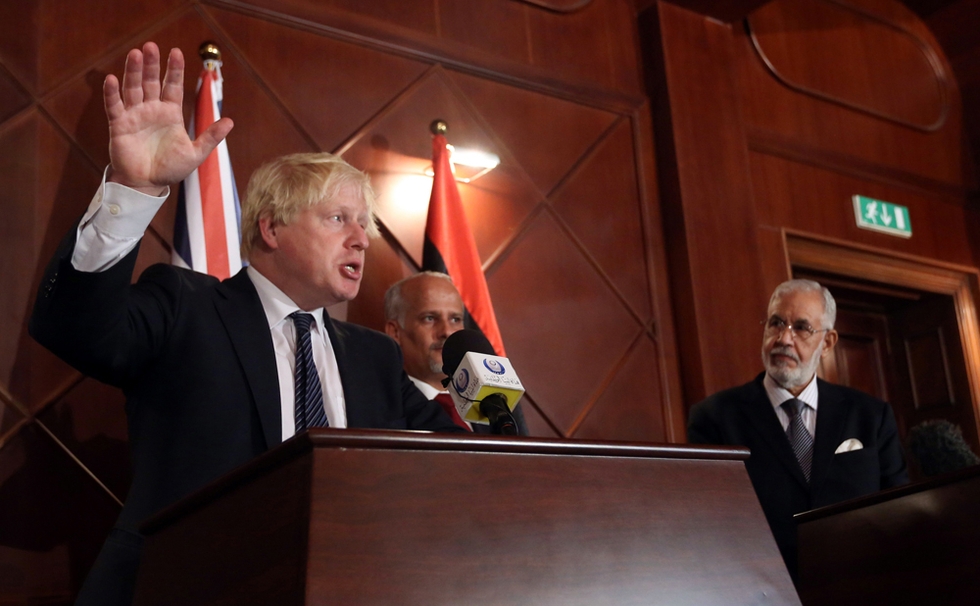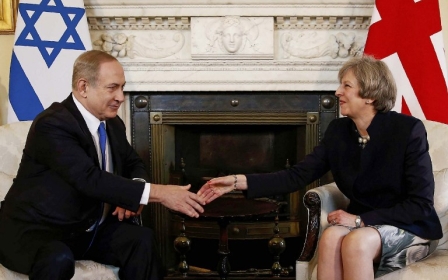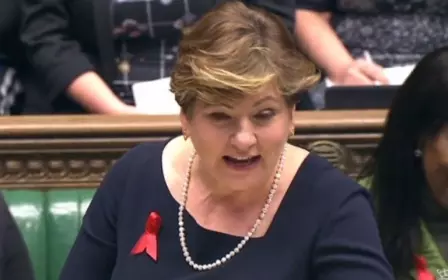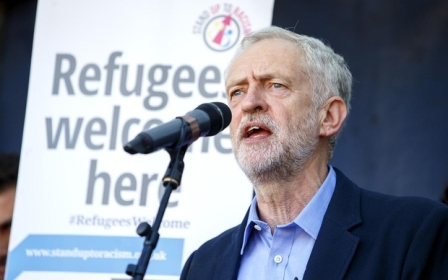Boris Johnson accuses UN Human Rights Council of anti-Israel bias

Britain has urged the UN Human Rights Council to reform its treatment of Israel, joining the United States in demanding an end to the body's alleged bias against the country.
Addressing Monday's opening of the 38th council session, British Foreign Secretary Boris Johnson criticised the council's Agenda Item 7, a permanent fixture on the schedule exclusively devoted to discussing rights abuses in the occupied Palestinian territory.
"We share the view that the dedicated Agenda Item 7 focused solely on Israel and the occupied Palestinian territories is disproportionate and damaging to the cause of peace, and unless things change we shall vote next year against all resolutions introduced under Item 7," Johnson said.
Each council session includes an agenda item on so-called country specific situations, known as Agenda Item 4, where debates on the crises in Syria, Burundi and others typically take place.
Israel is the only country with a dedicated council item.
Washington, some European countries and Australia have also sided with Israel in condemning Item 7 as prejudiced, claiming that other countries with abysmal rights records in recent years, like Syria, are spared such intense scrutiny.
Johnson noted, however, that the council had an important role to play in "the Israeli-Palestinian conflict under the right agenda item".
Johnson’s statement is seen as a possible attempt to play to his Conservative Party base in the United Kingdom.
Right-wing British politicians have repeatedly accused the opposition Labour Party of anti-Semitism in recent years - accusations that some have denounced as a targeted attack against Labour Party leader Jeremy Corbyn and an attempt to silence criticism of Israel in British politics.
Johnson’s defence of Israel aligns with increased American support for its Middle East ally since the election of President Donald Trump in 2016.
Since taking up her role in January 2017, US envoy to the UN Nikki Haley's unconditional support of Israel has become notorious. The Republican former governor of South Carolina has repeatedly slammed the international body for its denunciations of suspected Israeli breaches of international law.
While previous US administrations have criticised Item 7, Trump's government has raised the prospect of withdrawing from the council unless it is scrapped.
Meanwhile, during Monday's Human Rights Council session in Geneva, UN rights chief Zeid Ra'ad al-Hussein denounced the US’s "unconscionable" separation of migrant children from their parents.
He was not alone: US first lady Melania Trump released a rare statement saying she "hates to see children separated from their families".
Stay informed with MEE's newsletters
Sign up to get the latest alerts, insights and analysis, starting with Turkey Unpacked
Middle East Eye delivers independent and unrivalled coverage and analysis of the Middle East, North Africa and beyond. To learn more about republishing this content and the associated fees, please fill out this form. More about MEE can be found here.




